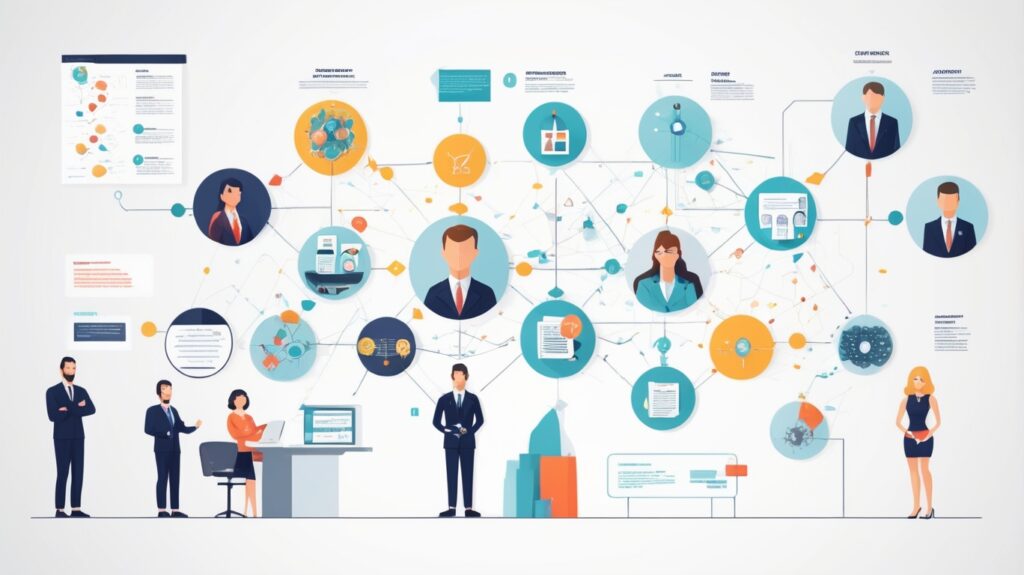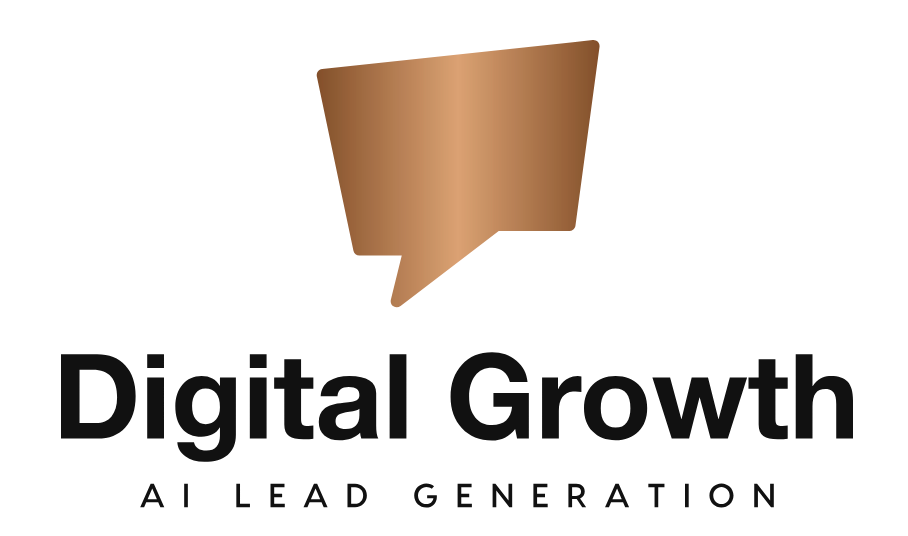
The integration of artificial intelligence (AI) into business operations is reshaping organizational structures, workflows, and competitive dynamics across industries. From the emergence of dedicated AI departments to the rise of industry-specific AI solutions, these changes are redefining how companies of all sizes operate, innovate, and deliver value.
The Rise of AI Departments
Just as IT departments became essential in the digital age, organizations are now formalizing AI-specific teams to manage the technology’s strategic deployment. These departments focus on governance, ethical AI use, and cross-functional collaboration, automation, and ensuring AI aligns with business goals. For example, large enterprises are increasingly appointing senior leaders to oversee AI governance and workflow redesigns28. In smaller organizations, AI departments may start as hybrid roles but are expected to evolve into specialized units as adoption scales. This shift mirrors the historical trajectory of IT, where initial ad-hoc solutions gave way to centralized, strategic functions.
Organizational Impacts by Size
Large Enterprises
Large companies are leading AI adoption, leveraging it to flatten hierarchies and decentralize decision-making. AI automates data analysis and routine tasks, reducing reliance on middle management and enabling agile, cross-functional teams811. For instance, companies like Careem use AI for route optimization and customer service, streamlining operations without extensive managerial oversight8. These organizations are also investing in retraining programs and hiring for new AI roles, such as prompt engineers and AI ethicists25.
Small and Medium-Sized Businesses (SMBs)
AI is democratizing capabilities for SMBs, with cloud-based tools enabling 40% productivity gains through automation912. A local bakery using AI for inventory management or a law firm automating document drafting exemplifies how SMBs compete with larger players without proportional resource investments12. However, challenges like talent gaps persist, prompting many to rely on AI consultants for strategic guidance45.
The Critical Role of AI Consultants
AI consultants bridge the gap between technical potential and business execution, serving as strategic partners in transformation. They help organizations:
- Align AI initiatives with business objectives (e.g., optimizing supply chains or customer experiences)5.
- Navigate ethical and regulatory risks while fostering a culture receptive to AI-driven change511.
- Upskill employees and integrate AI into existing workflows without disruption25.
For SMBs, consultants democratize access to expertise, while larger firms use them to accelerate innovation and avoid costly missteps45.
Vertical AI: Industry-Specific Integration
AI’s future lies in vertical applications tailored to niche industries, mirroring the rise of vertical SaaS. These solutions automate complex, domain-specific tasks-like claim processing in insurance or legal document analysis-capturing value previously locked in human labor6710. Key advantages include:
| Feature | Impact |
|---|---|
| Specialized knowledge | Understands industry regulations and workflows (e.g., healthcare compliance)10. |
| Workflow integration | Enhances existing tools (e.g., AI-powered CRM for personalized retail recommendations)1012. |
| Value-based pricing | Enables pricing models tied to outcomes, such as reducing fraud detection costs by 30%713. |
Companies like Veeva (life sciences) and Procore (construction) illustrate how vertical AI can dominate niche markets by combining domain expertise with AI’s scalability1314.
Conclusion
AI’s structural impact is universal but nuanced. Large organizations are restructuring around agility and AI governance, SMBs are leveraging affordable tools to punch above their weight, and consultants are enabling smoother transitions across the board. Meanwhile, vertical AI is unlocking trillion-dollar opportunities by embedding intelligence into industry-specific workflows. As AI departments become as ubiquitous as IT, the organizations that thrive will be those viewing AI not just as a tool but as a core pillar of their operational DNA.
